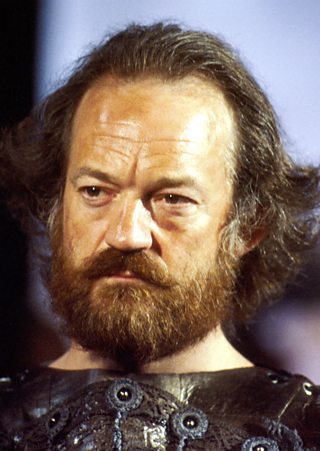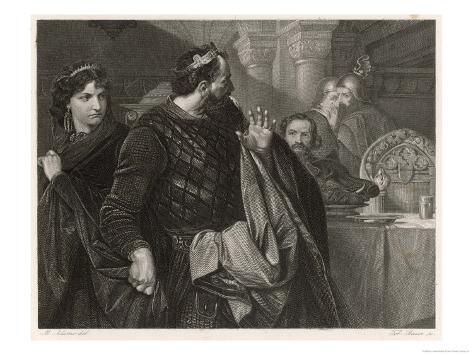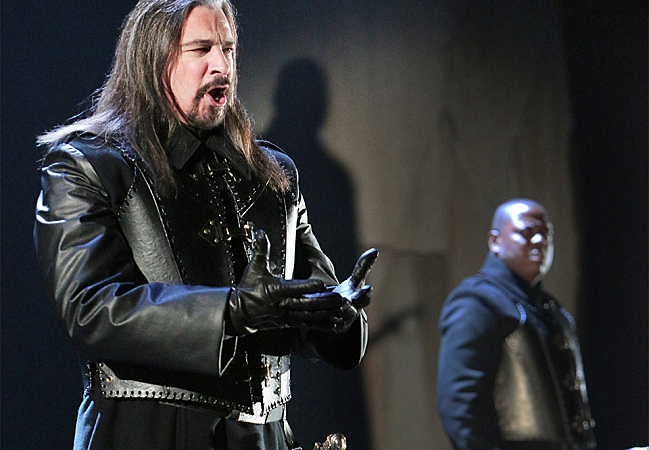
Why does he hold back? Do his own darkĪmbitions play a part in this furtive behaviour.Īt face value – great warrior, loyal friend, man of integrity. Loyalty to his friend but by this time things have gone far enough for anyįriend to call an end to secrets. Nothing about the witches or about his suspicions.

Face value?Ĭould also be evidenced in the fact that even when Duncan is killed he says He tells himself, ‘But hush, no more.’ Is this because he genuinely doesn’t want to be tempted by the witches or because others are approaching? His duplicity at this point in the play is clear – he suspects Macbeth and yet claims ‘his ‘duties’ are ‘forever knit’ to Macbeth.

Yes, he did hope and continues to hope and this reveals a much darker side to the Nice Guy. Perhaps this is the best evidence that his dodging of Macbeth’s earlier question ‘Do you not hope…’ was indeed a clever move. He openly voices his suspicions of Macbeth: ‘I fear / Thou played’st most foully for’t’ but he immediately follows this with his own ‘hope’ that the witches ‘oracles’ will come true for him. Depending on your interpretation, his listing of Macbeth’s titles could almost be spat at the audience. Maybe I’m misinterpreting the poor chap but he sounds very resentful here. The possibility that Banquo is not all that he seems is most evident in his final appearance in Act 3, Sc 1 where he is alone on the stage.
#BANQUO MACBETH FREE#
In this same scene he voices his desire to remain guilt free and loyal but why does he feel the need to say this? Ordinarily that would be a given. Are the two facts connected? Is he riddled with a restless ambition which is also murky enough to rob him of a good night’s rest? It is Macbeth who murders sleep but it seems Banquo’s thoughts are depriving him of some too. In A2 S1, Banquo admits that he can’t sleep and that he dreams about the witches. Who says ‘gladly’ and ‘At your kind’st leisure.’ Why does he not pursue thisĭiscussion? Is he as secretive about his thoughts as Macbeth? Are his thoughts, Twice promise they will discuss the witches and their predictions (A1 Sc3 andĪct2 Sc1) but they never do – it is Macbeth that suggests they do so and Banquo Issue his warning about the ‘instruments of darkness’ but who is he warning – Possibilities the witches have suggested to him. In this shared line by stating, ‘You shall be king.’ Is this an attempt toĭivert attention from the prediction made about him? In the same scene MacbethĪsks him, ‘Do you not hope your children shall be kings…?’ Again, Banquoĭoesn’t respond directly but turns Macbeth’s attention back to the Probably thinking this is more significant than being king. Shall be kings.’ With life back then being all about bloodlines, both men are When they vanish, Macbeth immediately says, ‘Your children In A1 Sc3, Macbeth has not asked for their predictions – but Banquo does. I think the clever people out there who present him as rather less than Mr Nice Guy are probably right.

So, I searched for bits of the play where he actually appears and started digging. A few suggested that he is also rather ambitious. Even the graphics were of a rather pleasant bearded warrior – someone who looks a bit like Macbeth but has more of a friendly twinkle in his eye and carries a sword rather than a dagger. It set me diving into the text and scrolling through websites on searches such as ‘Does Banquo really count for much?’ Naturally most of the decent sites gave a good account of him, meriting about half a page. Having recently considered Lady Macbeth in my musings, I thought I might turn my attention to this rather overlooked character. With himself about the witches’ predictions for him and secretly perhaps as He is Macbeth’sįriend, Duncan’s supporter, a sort of all-round good guy who is horriblyīetrayed and murdered by his bezzie. Profiles of him simply present him as loyal, sensible etc. Character I have never considered in much detail – any notes, character


 0 kommentar(er)
0 kommentar(er)
